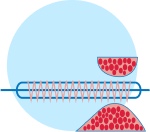What is Diabetic Vascular Disease?
Diabetic vascular disease refers to a condition where individuals with diabetes experience compromised blood flow to their legs and feet. Diabetes can damage blood vessels, leading to atherosclerosis, a buildup of plaque that narrows and hardens the arteries. This condition, known as peripheral arterial disease (PAD), reduces blood circulation to the lower limbs, increasing the risk of complications such as non-healing ulcers, infections, and in severe cases, amputation. Patients who are diabetic and have any of these complications should schedule a consultation at StrideCare today.
What is Diabetic Vascular Disease?

What Causes Diabetic Vascular Disease?

What Causes Diabetic Vascular Disease?
Diabetic vascular disease occurs when arteries harden from uncontrolled blood sugar that is too high. Elevated levels of glucose in the blood can damage the walls of arteries and veins, leading to narrowed or blocked blood vessels. Other risk factors that may contribute to diabetic vascular disease include obesity, high cholesterol, high blood pressure, and a sedentary lifestyle.
What are the Symptoms of Diabetic Vascular Disease?
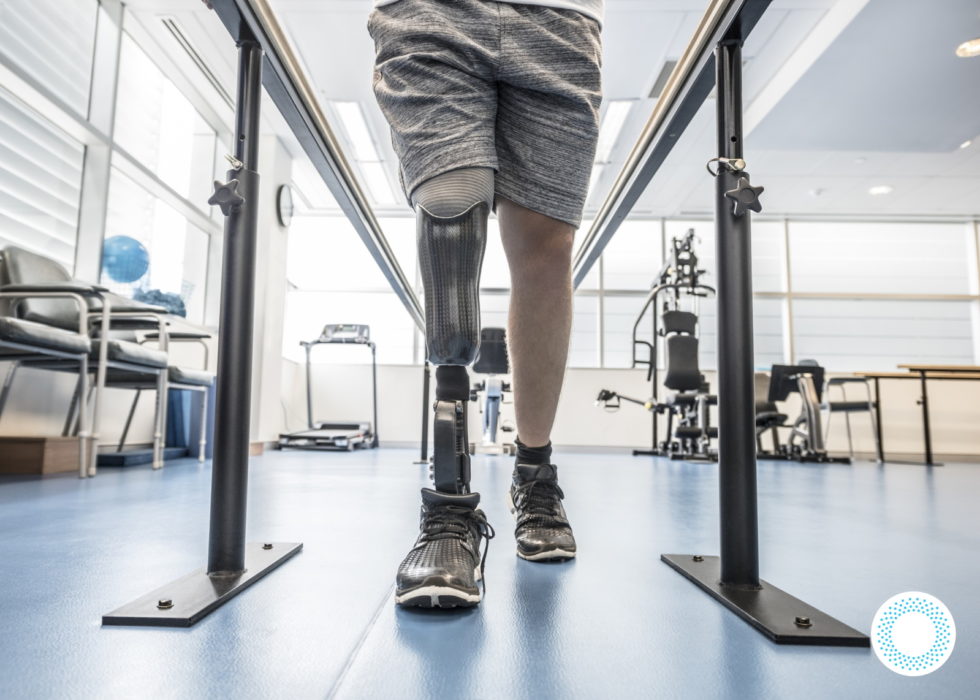
Amputations
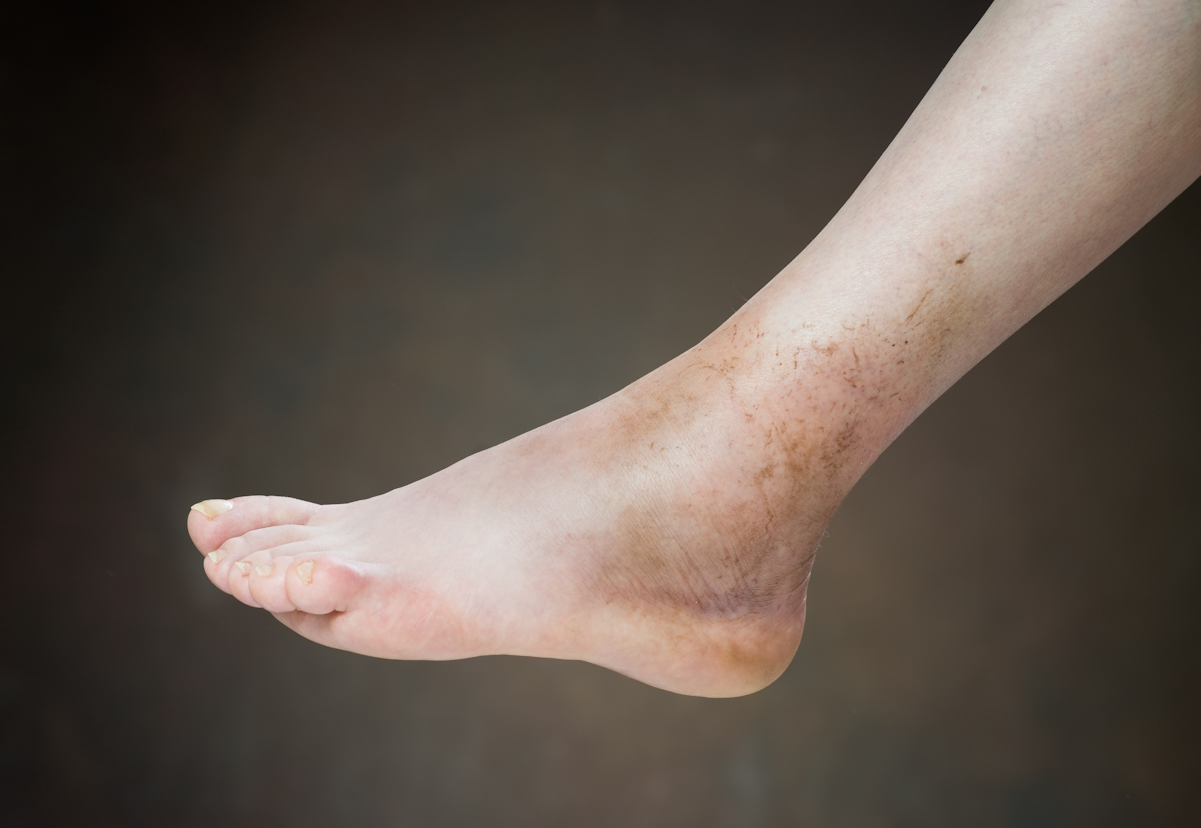
Skin discoloration
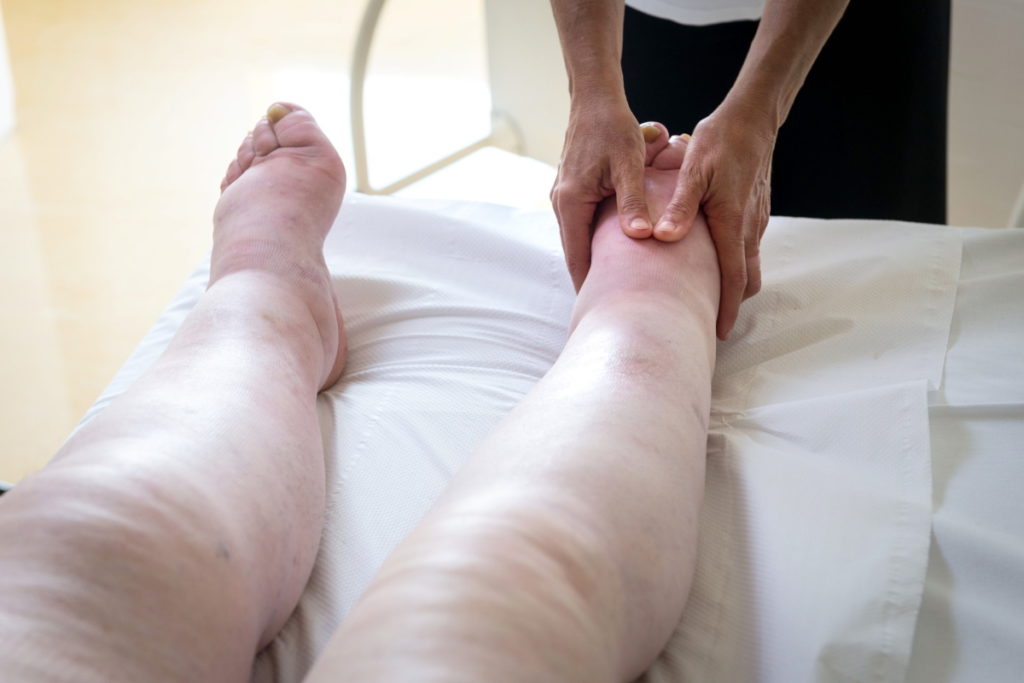
Swelling

Numbness or tingling in the legs or feet

Foot and toe sores

Leg pain when walking

High blood pressure
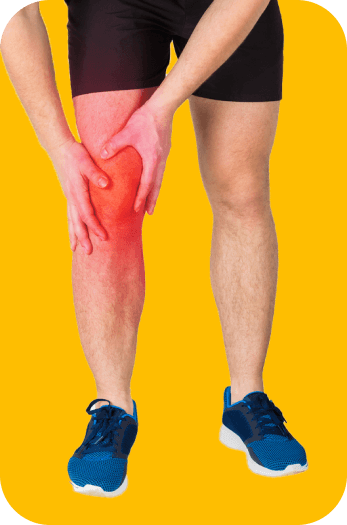
Burning in the legs or feet
What Treatments are Available for Diabetic Vascular Disease?
There are Many Treatments for Diabetic Vascular Disease Available at StrideCare Including:
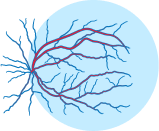
Angiography
Introduce a contrast dye into your arteries that allows your blood vessels to be seen on an x-ray.

Atherectomy
Removes plaque buildup within arteries by inserting a specialized catheter to clear the narrowed artery, improving blood flow.
StrideCare
Patient Reviews



4.89 Average Online Review Score












StrideCare Leverages athenaOne to Enhance Financial and Operational Results, Improve Clinical Workflows
2 Min ReadCASE STUDY: Transitioning all practices onto one united system gives StrideCare invaluable access to data

When are Varicose Veins More than Just a Cosmetic Concern?
2 Min ReadLearn about varicose veins, prevention tips, and treatment options from StrideCare’s vein specialists in Texas.
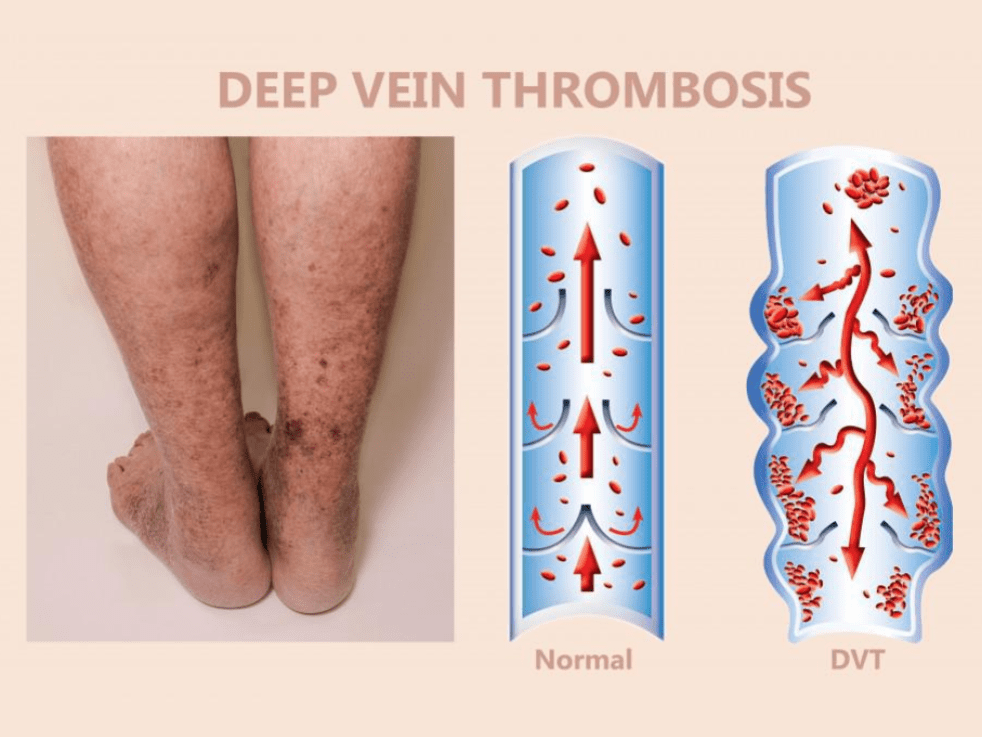
Puffy Legs are One of the First Signs of Deep Vein Thrombosis
3 Min ReadLearn the symptoms of deep vein thrombosis (DVT) and seek immediate evaluation at StrideCare for expert care and treatment.


